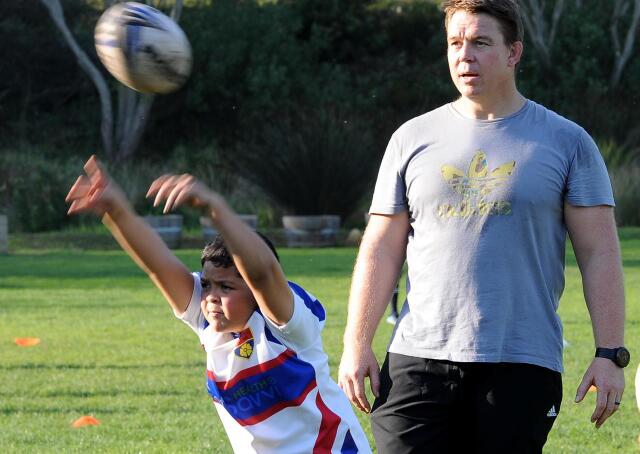The American Academy of Paediatrics has stated that while all Covid-19 protocols should be observed when participating in sport, it is clear that participating in sports and other physical activities offers a lot of benefits.
CAPE TOWN – These pages have always been reserved for sports. Often politics does worm its way in for we know very well that sport cannot operate in isolation.
So pardon the last pun for this column does indeed relate to our national government’s handling of Covid-19 and sport – and specifically related to school sports.
Last week the Department of Education – in their infinite wisdom – suspended all contact sports in schools nationally with immediate effect due to a cluster outbreak in Johannesburg. There have also been cases in the Eastern Cape where the traditional derby day between Grey High School and Queens College had to be suspended due to the Grey High First XV strength and conditioning coach having tested positive for Covid-19.
Now, I am not one of those arrogant individuals that ask the question why can’t I watch my son/daughter play sport on a Saturday morning when I can go shopping with hundreds of people in the afternoon.
Just because people walk around without their masks or sit in restaurants not observing any social distancing doesn’t make it OK. Two wrongs have never made a right.
My concern is more about the long-term effect the cancellation of school sports is having on the youth.
The American Academy of Paediatrics has stated that while all Covid-19 protocols should be observed when participating in sport, it is clear that participating in sports and other physical activities offers a lot of benefits for children and young people.
It improves cardiovascular health, strength, body composition, and overall fitness. Exercise even has immune system benefits. Plus, socialising with friends and coaches, and returning to a more structured routine, can boost a child’s mental health.
The youth need a positive outlet to express their energies and frustrations and sport has always been a healthy alternative – and even more so in a country such as South Africa. It’s completely nonsensical that sport is allowed at club level, but not at school.
In practically it means that a child cannot participate at school, but can turn out for his/her club playing the same non-contact sport.
I understand the reasoning behind the fact that school sport has ordinarily created mass gatherings – particularly when the traditional boys schools face each other – and that it could potentially be a super-spreader. That’s why I am fine with spectators remaining at home and watching live streams of their children playing.
If professionals can play in front of empty stands, so can children – as long as they are staying active by playing.
I cannot understand why the Department of Education failed to approach the suspension of school sports on a provincial/regional basis.
Assess the numbers of infections in each province and then make a decision based on the science and data accumulated and then if need be ban inter-state travel for school sports. This not unfair to the children based in Gauteng.
Regionalised and provincialised lockdowns are commonplace around the world. Make no mistake Covid-19 is real. And many have lost their lives.
But let’s not lose another entire generation due to common sense not prevailing.








